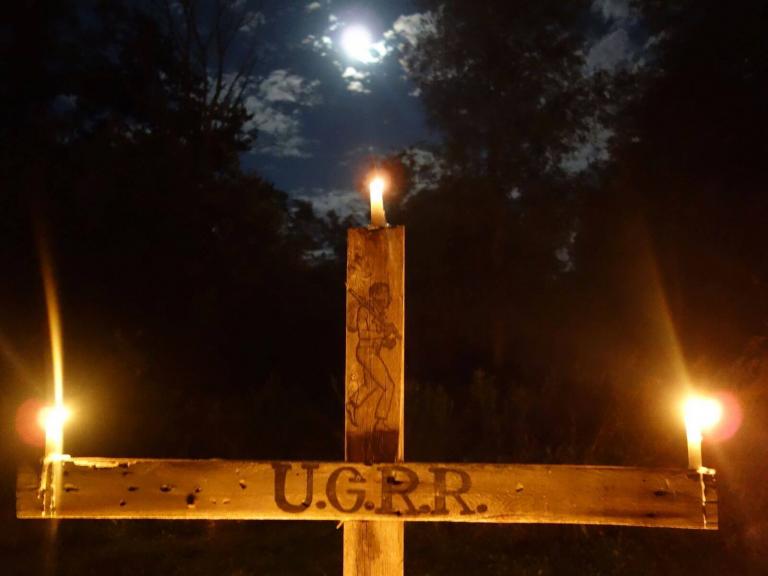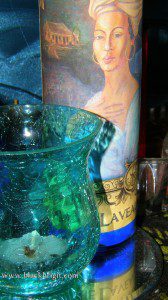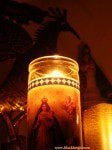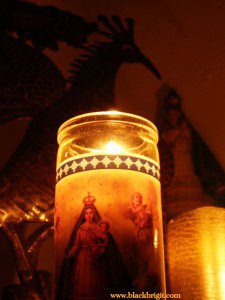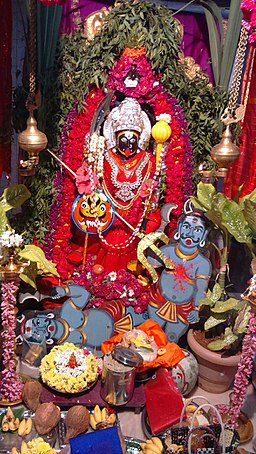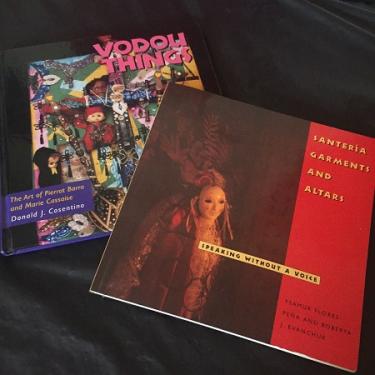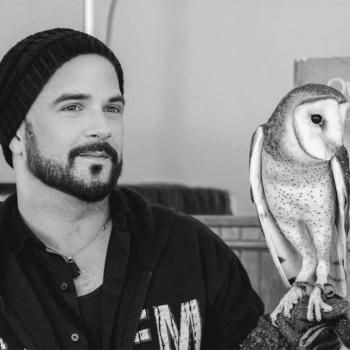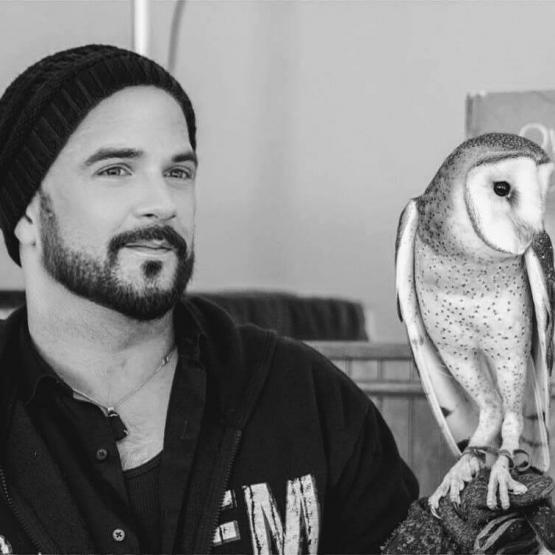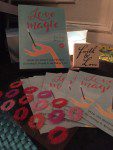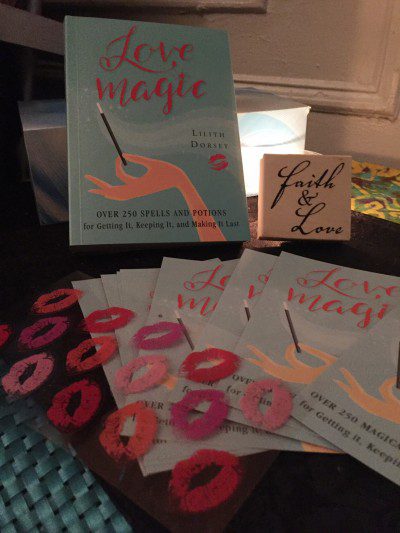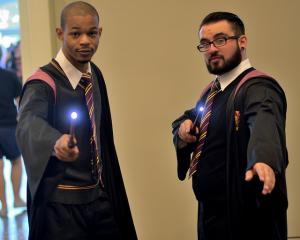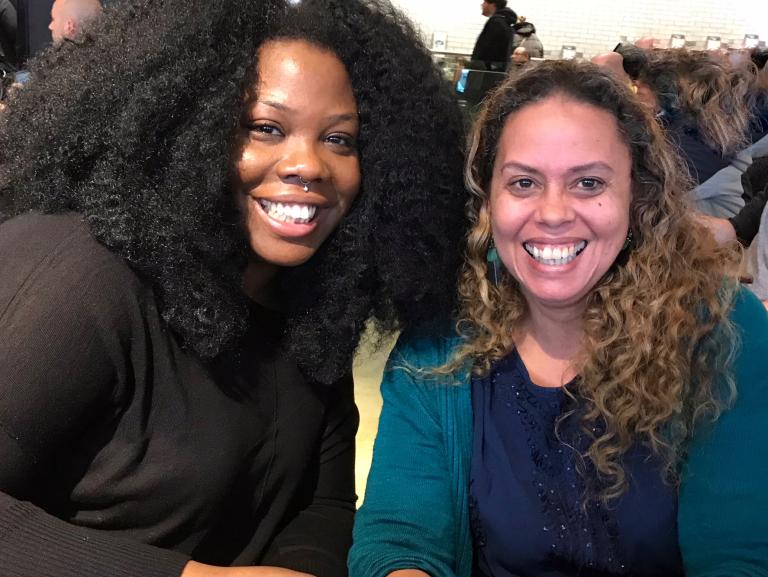 Many of you are familiar with the rising star of astrology known as The Meccanism or Mecca Woods, author of Astrology For Happiness and Success and co-host of TLC’s Stargazing. It was a true joy to be able to interview her here on Voodoo Universe. You can watch the video of the full interview below, however since the sound quality is problematic at times I transcribed the first part of the interview.
Many of you are familiar with the rising star of astrology known as The Meccanism or Mecca Woods, author of Astrology For Happiness and Success and co-host of TLC’s Stargazing. It was a true joy to be able to interview her here on Voodoo Universe. You can watch the video of the full interview below, however since the sound quality is problematic at times I transcribed the first part of the interview.
Lilith Dorsey : I’m so excited today to be able to interview Mecca Woods, The Meccanism. I just want to say I support you in all that you do…. ’cause it’s so wonderful. I love the book, Astrology For Happiness and Success, get the book everyone. I’ve never interviewed an astrologer before, so that’s exciting. How did you get started and really interested in astrology ?
Mecca Woods: It was something I was always interested in, but I didn’t really take it seriously until I was at a crossroads in my own life. Trying to figure out what I wanted to do career-wise, also kind of like…. my love life wasn’t as great, and what happened was I picked up a book. It told me all about this particular, well I was dating a Scorpio. I mean that is the stereotype of Scorpio, they are so mysterious, and I was struggling with this person. The book happened to be written by a Scorpio, and it was so good I ended up getting a reading from her, and that kind of set the ball rolling in terms of just trying to get everything I could get in terms of researching… I didn’t even know what a birth chart was at that time but she showed me. She was able to tell me things about myself that she wouldn’t have known otherwise, and that really hooked me. From there I got other readings, other books, and eventually it came to a crossroads. It came to a precipice where I was getting ready to quit my job, ended the relationship that I was in, and then also thinking well maybe I could do this for real. The way that the stars aligned was I was in a Goddess camp class and ended up meeting the woman who became my mentor. So everything lined up one by one, and eventually I just took the leap and decided to fully plunge into astrology. That was about 9 years ago.
Lilith: Wow, that’s a while, certainly in these days where everyone after 5 minutes is an expert. So do you practice other methods of divination ?
Mecca: I do practice tarot. I don’t read for other people, I read for myself. I work with tarot cards, oracle cards… and that’s pretty much it.
Lilith: What’s your favorite deck ?
Mecca: I think my favorite deck, in terms of using is the Dust II Onyx deck. It’s such a beautiful deck.
Lilith: I love it. I interviewed her here on Voodoo Universe.
Mecca: I’ve used it a few times, but I’m scared to take it out of the box.
Both of us in unison: It’s soooooo pretty.
Mecca: Then I have a few other decks. The Raven’s Prophecy, I just like the artwork. Then I have the Earthbound Tarot, and the oracle cards.
Lilith: So how often do you consult astrology? Every time something new comes up, do you do a reading about it?
Mecca: Probably everyday.
Lilith: That’s good. I read everyday too, but I think most people don’t. They only pick it up when there’s a problem.
Mecca: It’s okay. I always try to tell people I don’t want astrology to be a crutch. I want it to be a tool, but not a crutch. So if people are not reading, or checking their horoscope everyday that’s perfectly fine. Because ultimately what I want people to do is to be aware yes, but also be in the driver’s seat, you are making the decisions. I never want it to be a situation where people are leaning so much on astrology that they can’t think or make decisions for themselves.
Lilith: Do you have any advice for new people who are just starting with Astrology?
Mecca: Yes, study, study, study. Even though I’ve been doing this for 9 years, Astrology is so vast, and there are still things that I don’t know. Which is one of the reasons I was drawn to it. There is something new to learn every day. I think it’s really important to study as much as you can, getting your mentor is really helpful, and just practicing as much as you can… with friends and family. That’s how I did it when I first started out , “like hey let me get your birth chart.” Just to have that practice, because sometimes you can read the books, and the books can tell you something, but it’s not until you’re actually with the person and you’re consulting then you can kind of see how a chart or a placement or a transit is playing in their life. So practice and study and practice some more.
Lilith: I think that’s great advice. I have a friend of mine who is a professional astrologer and he keeps everybody who he has ever done their chart on his phone. So that way like if those transits or aspects show up in another reading that he is doing he can pull it up, and it’s just like oh this is just like this other person I know and now I see how it operates in the day to day world and give you better practical advice you know. So I think that’s really helpful.
You can find Mecca Woods on TLC’s latest digital offering Stargazing on Facebook Watch, and on her website at MyLifeCreated.com
As always if you have enjoyed what you read here please remember to like, comment and share !




